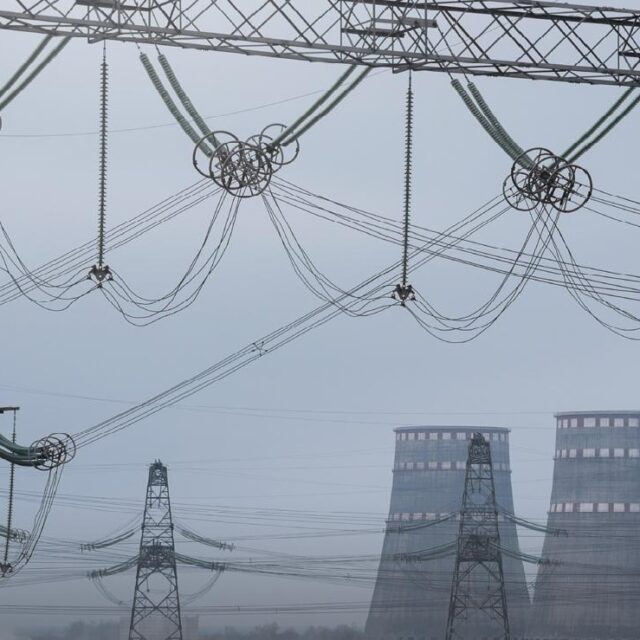Drinking water across the EU will have to be monitored more closely for the potential presence of two endocrine disrupting compounds (beta-estradiol and nonylphenol) throughout the whole water supply chain.
This comes after a decision by the EU on Wednesday.
As required by EU rules in force since last year, the Commission established today a first ‘watch list’ of emerging compounds to monitor and address if needed.
Commissioner for Environment, Oceans and Fisheries Virginijus Sinkevičius said, “There can be no compromise on the quality standards for our tap water. Today we are giving effect to new rules that not only prevent well-known pollutants but also give us tools to address emerging concerns. We start with two substances that are endocrine disruptors affecting our health, the environment and biodiversity.”
Now that the watch list is established, Member States have until 12 January 2023 to put in place monitoring requirements throughout the drinking water supply chain, as well as take measures if guidance values are exceeded. Over time, if new substances emerge that are likely to be present in drinking water and could pose a potential health risk—such as endocrine disruptors, pharmaceuticals or microplastics—the Commission will add them to the list.
The recast (revised) Drinking Water Directive entered into force in January 2021. Its main objective is to protect human health of EU citizens by setting quality standards. Member States must ensure this Directive is duly transposed into national laws by 12 January 2023. The rules adopted today are in the form of an Implementing Decision as provided in the recast Drinking Water Directive.
Endocrine disrupting compounds are a mixed group of chemicals of varying structure that can interfere with physiological and biochemical processes in the human body.




